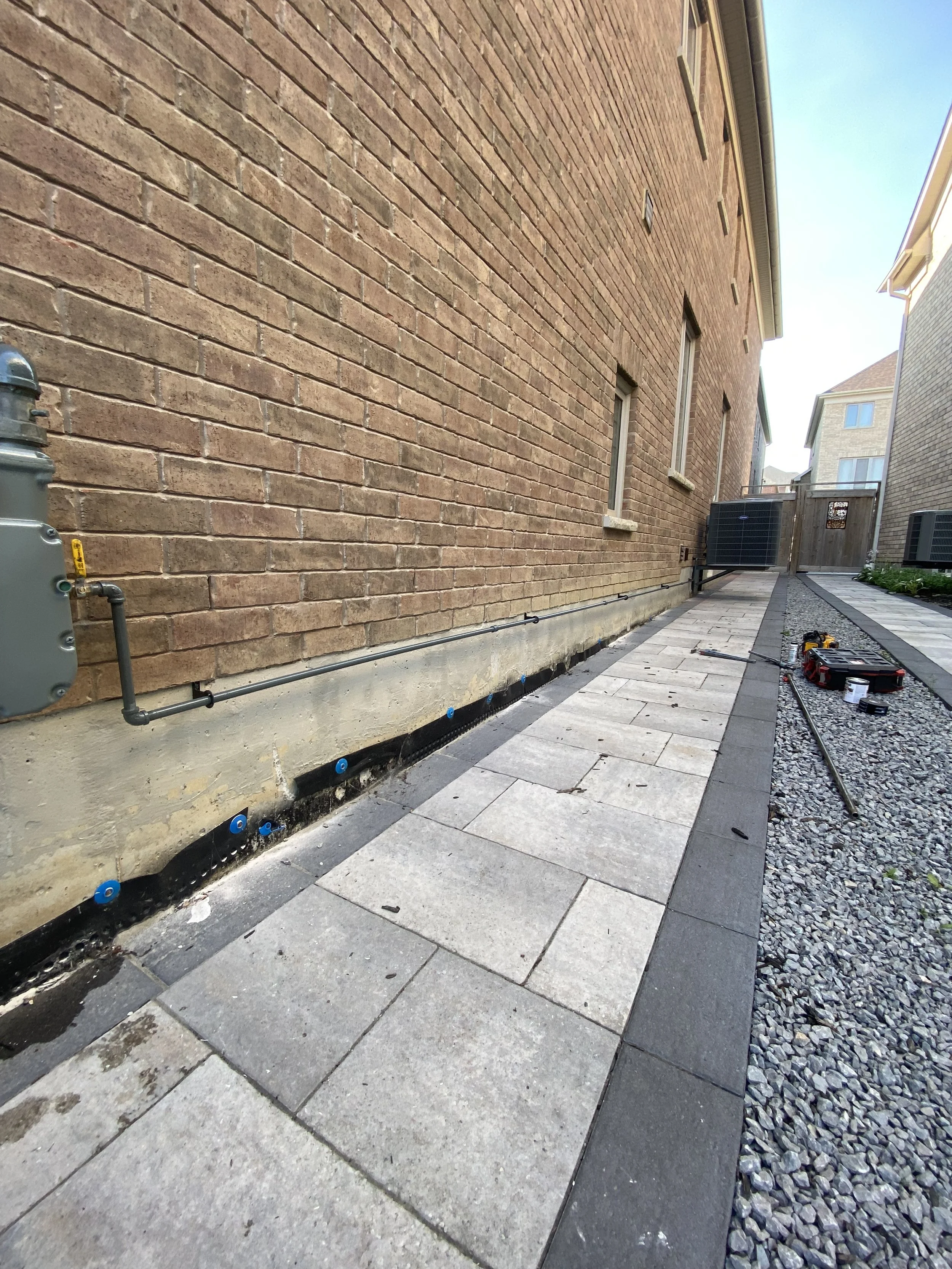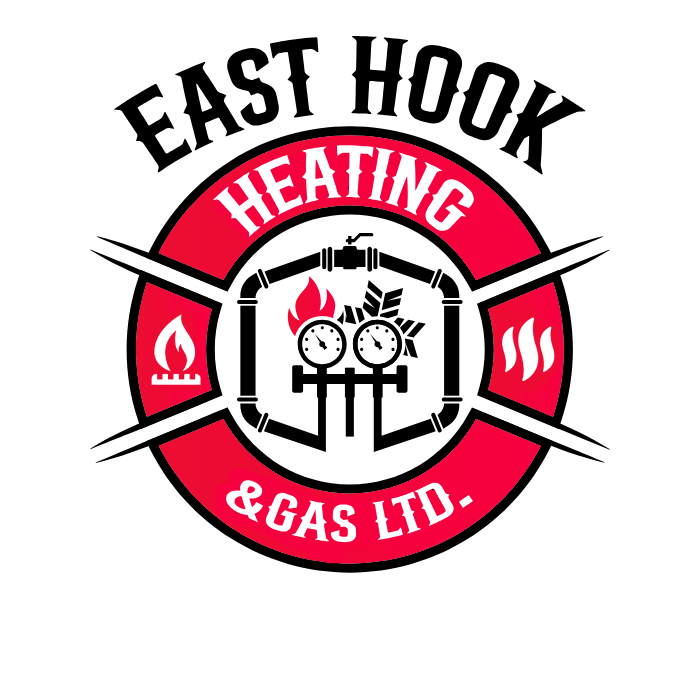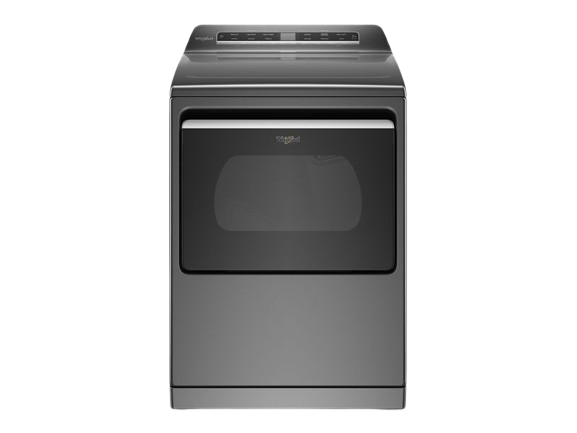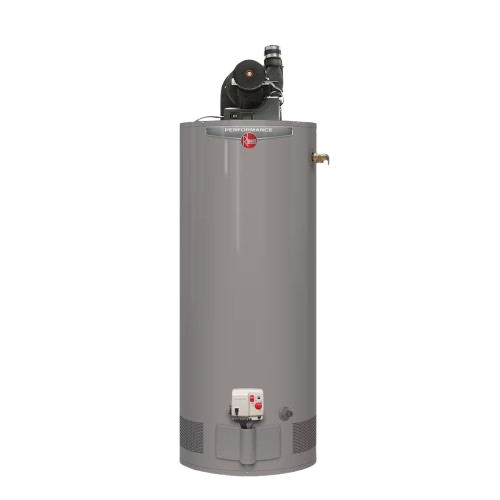GAS APPLIANCE CONNECTIONS
Gas work isn’t something you mess with. We hook up appliances safely, to code, and without cutting corners. Every connection is tight, tested, and built to last.
Options Below. Take a look.
What ELSE DO WE DO?
New Gas Lines – From the meter to the appliance, done right the first time.
Appliance Hookups – Stoves, dryers, fireplaces, BBQs, heaters — safe, clean installs.
Line Extensions – Add a connection without compromising safety or flow.
Replacements – Upgrade old or damaged lines for peace of mind.
Why Homeowners Call US
Licensed & Certified – Real gas techs, not “handyman” hookups. License G2 & G3 Gas Technicians. Always.
Safety First – Every line is tested, every time. Pressure, soap & dial testing.
Straight Talk – We tell you what needs doing and why, before we touch a wrench.
Code‑Compliant – Meets or exceeds Ontario’s B149 Gas Code.
Bottom Line
If it carries gas, it needs to be done right. No leaks, no loose ends, no shortcuts. That’s how we work.

GAS APPLIANCES FAQs:
Everything You Need to Know
-
Absolutely. Gas appliance connections require specialized knowledge and strict adherence to safety codes. Our certified technicians ensure that every connection is secure and compliant, reducing the risk of leaks and other hazards.
-
We conduct comprehensive leak tests and pressure checks during and after installation.
We follow industry best practices and current codes to make sure your connection is safe and reliable.
-
Yes, we offer seamless connections to your existing natural gas lines.
If you need a dedicated appliance line or a more customized installation, please refer to our Gas Line Installations page or contact us for details.
-
The installation time depends on the appliance and the complexity of the setup.
Most connections can be completed within a few hours, ensuring minimal disruption to your routine.
-
If you detect a gas odor, leave your home immediately, avoid using any open flames or electrical switches, and contact your gas provider or emergency services right away. Your safety is our top priority.
You can always call us for an emergency response if you notice a minor smell of gas. A shutoff valve is always located before the appliance should a situation arise.
-
Yes, we handle both new installations and reconnections.
Whether your appliance was accidentally disconnected or you're upgrading your system, our team is ready to safely reconnect your appliance in a timely manner.
-
Costs depend on factors like the appliance type, installation complexity, and local labor rates. We provide transparent, upfront quotes so you know exactly what to expect—ensuring that safety doesn't break the bank.
-
Safety is our top priority. If you suspect a gas leak or experience issues with your connection, we offer prompt repair services. Just reach out immediately, and we’ll ensure your home is safe and your system is back up to code.
If you have any more questions or need further clarification, please don’t hesitate to get in touch. We're here to ensure your gas appliance connections are safe, reliable, and hassle-free!
-
Many homeowners find that gas dryers often heat up and dry clothes faster than their electric counterparts. This can translate to lower energy bills—especially if natural gas prices are favorable in your area.
-
Gas stoves offer instant heat with precise flame control, making them a favorite among chefs and cooking enthusiasts alike. The ability to quickly adjust the heat is ideal for recipes that require a fine-tuned cooking environment.
-
Gas BBQs connected to an existing natural gas line eliminate the need for propane tank refills and the associated hassle of tracking propane levels. This setup can be more economical and convenient, allowing you to fire up your grill without a last-minute run to the gas station.
While propane BBQs sometimes offer a hotter flame, natural gas BBQs provide a continuous fuel supply that many find perfect for regular outdoor cooking. Ultimately, the choice depends on your cooking style and whether you value convenience over peak flame output.






